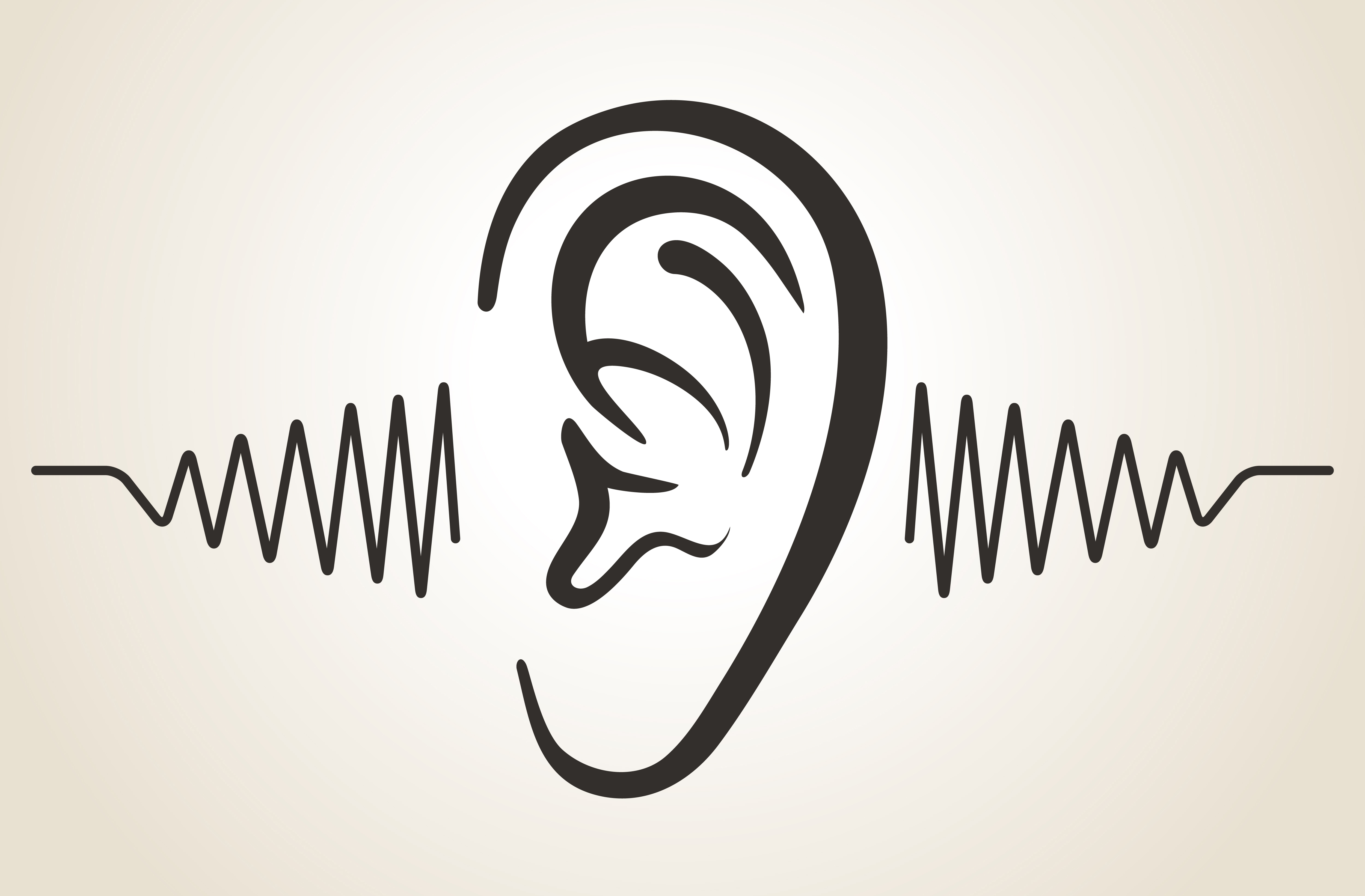Originally written by Dr. Thomas Gordon and Speed Burch (co-author of T.E.T.)
The best answer we can give is that it enables the upset or conflicted person to complete his or her experience.
There’s a theory that says experiences completely experienced disappear. All that’s left are memories of the experiences.
To demonstrate this theory there’s an exercise to do when you have a headache:
• Sit down and close your eyes, take a couple deep breaths and relax.
• When you’re relaxed, look inside your head and “find” the headache.
• Then ask yourself these questions: Where is the pain located? Does it have a shape? How big is it? What color is it? How much water might it hold?
• Repeat these questions until you can no longer find the headache.
The purpose of the questions is to focus attention on the headache, the opposite of my natural tendency to resist thinking about it. When you put attention on the headache you are forcing yourself to experience the ache and thus “disappear” it.
Active Listening does exactly that; it helps you “disappear” the upsets and pains you/others sometimes experience. And it’s free.
does exactly that; it helps you “disappear” the upsets and pains you/others sometimes experience. And it’s free.
So, when you’re the listener it is your job to (1) pay attention; (2) avoid roadblocks; (3) refuse to rescue; (4) feedback your understanding, your best guess, about what the sender is saying and feeling. Do your best to “decode” the sender’s message.
For example, he might say, “I’m afraid of computers” … when what he actually might want to talk about is how upset he is at his wife. People often begin talking about an upset with something safe as a test to see if it’s ok to talk about the real problem. If the listener begins reassuring, saying things like don’t’ worry, there’s nothing to fear, or advising him to take some computer classes the real problem will probably stay buried.
(Active Listening is taught in many leadership training programs. It’s creator was Dr. Carl Rogers—he called it Reflective Listening. The term Active Listening was coined by Richard Farson and essentially introduced to the world by Dr. Thomas Gordon.)

